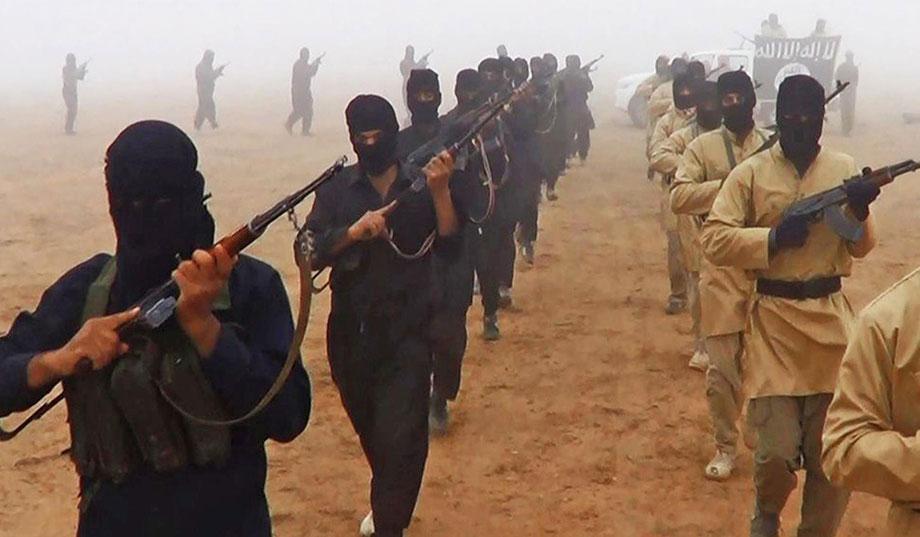US War With ISIS and Modern Conceptions of War
Despite President Obama’s assurances that ‘“I will not commit you [the American people] and the rest of our armed forces to fighting another ground war in Iraq”, the Chairman of the Joint Chiefs of staff Martin Dempsey commented just days ago (Sept 16th, 2014) that the some 1700 US troops currently stationed in Iraq may indeed come to assume a combative role. There is a lot of confusion at the moment as to whether the USA is actually at war with ISIS, or whether they are simply engaged in an armed conflict. The conflict between ISIS (Islamic State of Iraq and Syria) and the US led coalition is an interesting one, primarily because ISIS is not a nation-state with a clearly defined regime, people and borders, rather it is a caliphate which claims to represent Muslim people all around the world and has no borders of its own. This challenges traditional concepts of war; how can there be a war without a territory in which to conduct it? How can there be a war against a non-state actor? I believe that in this age of globalisation, the definition of ‘war’ must be expanded to include circumstances such as the conflict against ISIS, and even situations where there may be no armed conflict at all. In today’s world an attack on technological systems – for instance if the Pentagon were to be hacked – would be just as devastating to national security as a military conflict.
When you enter the Google search ‘US war against ISIS’, a confusing and contradictory group of articles appear. Headlines such as ‘Obama is taking personal control over the war against ISIS’ and ‘Obama says no ground war against ISIS…’ follow directly after and in direct contradiction to one another. I would argue that even without committing ground troops to the conflict, the USA entered a war with ISIS many months ago. In today’s world war is not defined by having ‘boots on the ground’, this is an outmoded view. Since the technological revolution war can be waged through drones, through robots, through computer viruses and various other emerging technologies. Even beyond technological advances the changes brought on by globalisation – the interconnectedness of the global market, a reliance of most states on imported goods for sustenance and exported goods for economic survival – mean that boycotts and sanctions could be considered acts of war in today’s world. Certainly they could be as dangerous to a state as conventional military conflict.
Beyond the non-traditional mode in which the war against ISIS is being fought, this conflict is unusual in that it is being fought between a coalition various allied states (including the USA, Saudi Arabia and Russia) and a non-state actor, the Caliphate ISIS. This certainly challenges traditional conceptions of war as a conflict fought between countries over territory or resources. The current system of international relations is state-centric, focussed around territory and borders. Depending on where you are born you might be an American or a Mexican, and the side of the border which you were born on decides the quality of your education, your healthcare, your standard of living. To think that something as arbitrary as borders have such huge impacts on individual lives seems bizarre when examined, though it is something we assume as natural because it is the system which we are used to. A caliphate such as ISIS challenges this state system, it does not have its own territory, it is not internationally recognised as legitimate and it identifies its citizens by their religion rather than their birthplace. This seems a strange thought at first, why should religion decide what nation you belong to? But is it really any stranger than our state system, in which our nation is decided by our place of birth or the citizenship of our parents?
I conclude that the US is at war with ISIS today, despite their (understandable) refusal to commit ground troops to the conflict. We need to extend the way in which we conceptualise war, and more broadly the way we conceptualise security. An over-focus on state-based and military issues can lead to an unpreparedness for non-state threats such as ISIS or non-military threats such as a boycott of exports.
3 http://mashable.com/2014/09/17/obama-ground-troops-isis/
